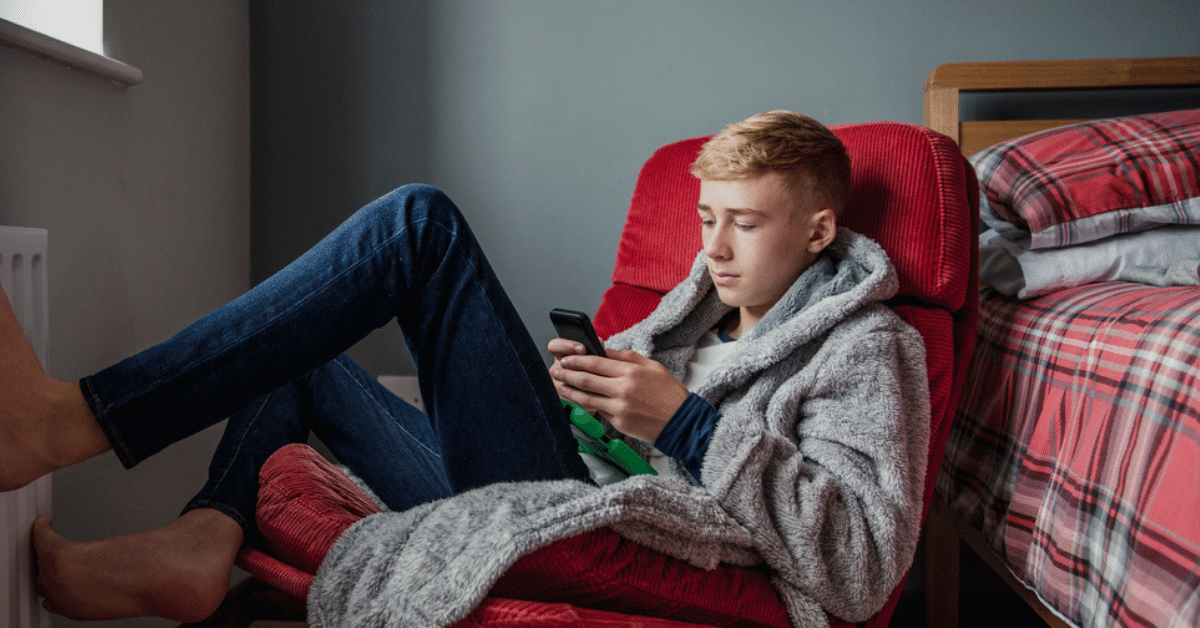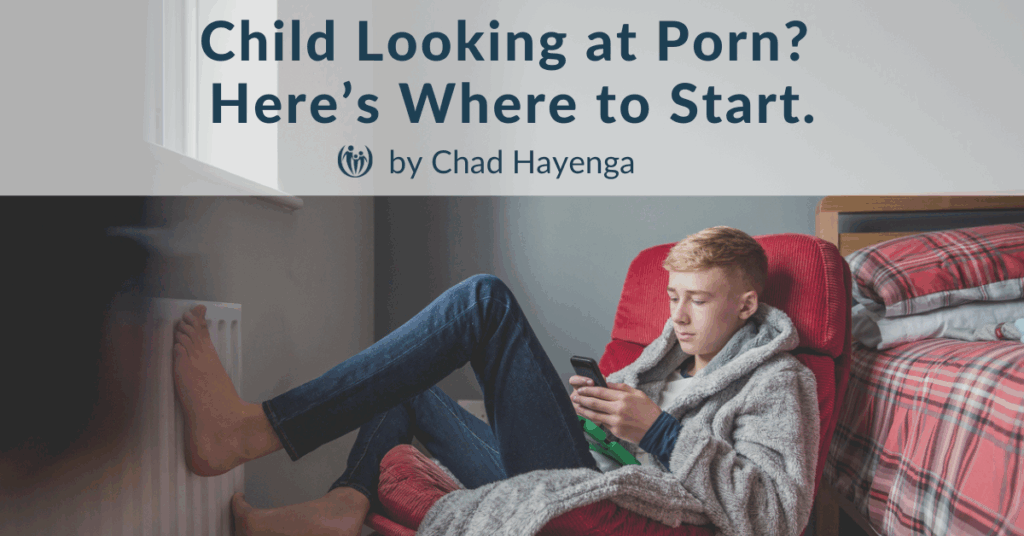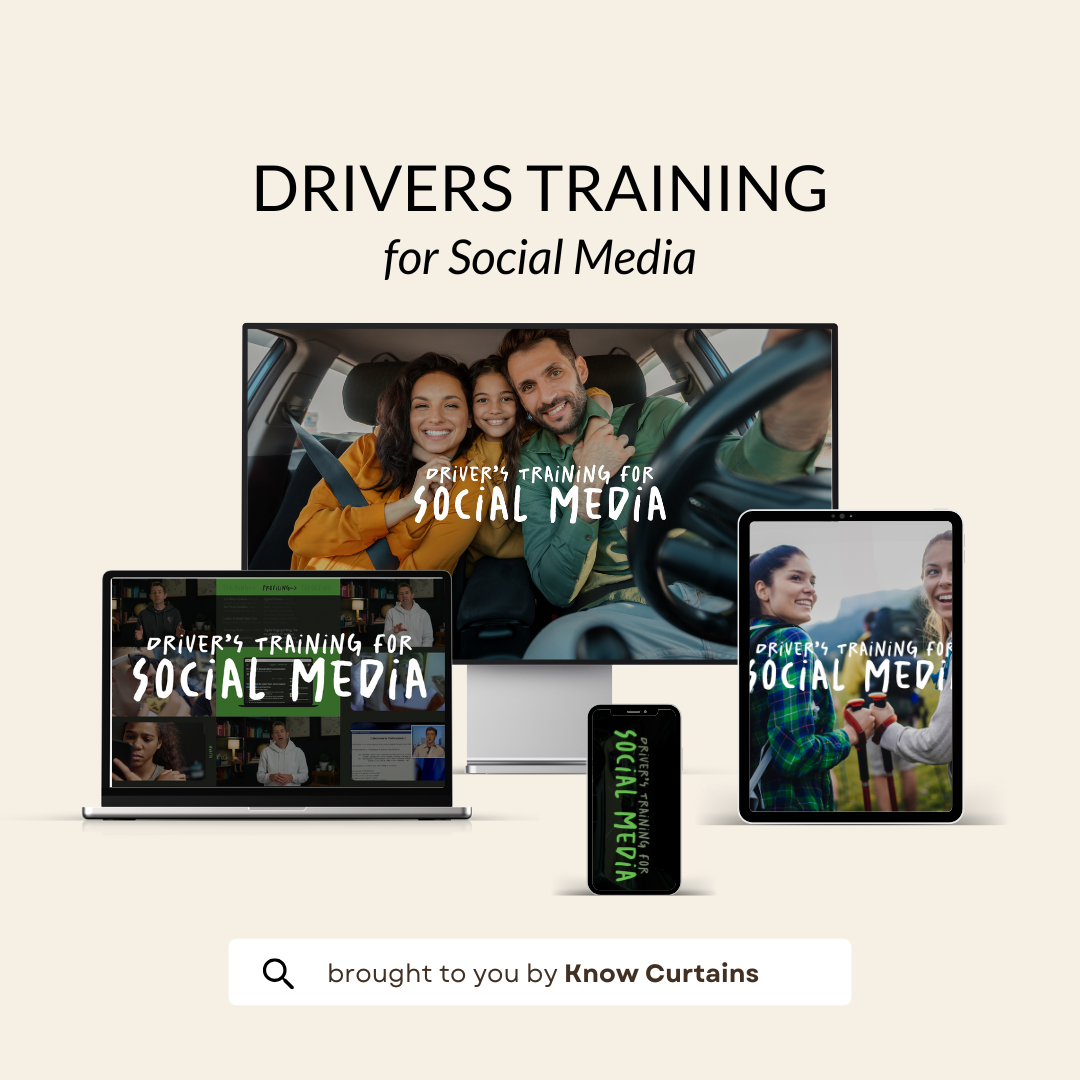
Child Looking at Porn? Here’s Where to Start.

It’s everywhere. For most of us, as parents, it’s not a matter of “if” but “when” your child will be exposed to pornography. Research shows that as many as 1 in 5 kids are exposed to pornography or online sexual solicitation before the age of 18. But what do you DO if you discover your child looking at porn? How do you keep your anxiety at bay while still connecting with your child during this challenging situation? Here is a story from one of my coaching clients, shared with permission. (Note: names have been changed.)
When Dave’s parents caught him looking at porn
15-year-old Dave ended up in my office because he’d been repeatedly caught viewing online pornography. His parents had “done everything we know how to do,” and still the relationship was eroding. Our coaching model is set up to work only with parents. However, in this case, since Dave was willing to come (teens often are not willing), I agreed to see him.
I quickly heard from Dave what I hear from many teens in trouble with their parents:
“My parents freaked out at me. There was no talking about it. First, they took away my computer access, then my phone. They wouldn’t leave me alone about it, always reminding me that they couldn’t trust me. I felt really bad, but looking at porn was like a hunger for sugar – you know it’s bad for you but you just keep eating it. Then you feel awful afterward. The strange thing is, the more my parents punished me, the more my hunger grew. Every time I saw a billboard with a good-looking woman or a sexy TV commercial, I wanted so badly to see more. I kept finding ways to sneak around the password when my parents weren’t around, and started looking at the stuff more than ever. They caught me again and really went crazy on me. That’s when they called you.”
It was clear to me that Dave felt bad about what he’d been doing and that he wanted help to make better choices. It was also clear that his parents’ well-intentioned approach of control and consequences not only didn’t help, but seemed to make matters worse. We consistently see that when parents just “tighten the clamps,” believing they can control and eliminate the behavior, they instead increase their teen’s discouragement and drive the behavior further “underground.”
“I need them to not freak out.”
I asked Dave what he thought he needed in order to start getting over this. He gave an answer that we believe will help parents navigate this challenge:
“I need them to not freak out. It just makes me feel worse, and it keeps me from ever feeling like I can talk about it.
I need them to quit reminding me of all my failures. I already feel really ashamed, and then I get angry. And when I’m angry I just want to get away with it more!
I need them to appreciate it when I’m honest about it. The only time I tried telling them the truth about what I’d done, they just yelled more. Even though I want to talk to them, if they just keep yelling there’s no way I’ll tell them anything.
I need them to start trusting me again, or I’ll never be ready to go out on my own. I know I don’t deserve much trust. But even if they give me some trust and help me feel good about doing the right thing, I think it will help.”
Want to learn more?
Check out Episode 67 of our podcast titled, “Yikes! My Kid is Looking at Porn!”
The porn industry is sophisticated in its agenda
Pornographers and advertisers grow more sophisticated by the day in their ability to either blatantly or subtly break through to seduce children. Often the worst sorts of temptation are a quick mouse click away. Parents should also be aware of the intense difficulty teen boys experience in managing the crazy increase in testosterone (up to 60 times more from age nine to 15). It’s more difficult than ever to be a visually stimulated boy in today’s sexually charged culture. (According to Fight the New Drug, more and more girls and women are struggling with pornography as well.)
We would all do well to heed Dave’s wisdom about what kids need to stay connected to their parents. Then parents and kids can work through this difficult challenge together. If your child is caught looking at porn, they need compassion, a safe listening ear, and encouragement to work through these temptations.
If you’ve discovered your child looking at porn
Take a deep breath. You’re not walking this path alone. Try to ask relaxed, non-condemning questions. Consider asking your teen for forgiveness if you have been anxious, angry, or shaming about difficult issues. Then listen with a ton of “I understand” empathy and “I believe in you” encouragement. Even authentically share some of your own struggles in this area. Most importantly, reaffirm that you love your child. No. Matter. What.
These challenging moments, while difficult, are also opportunities to show your child the depth of your love. You can be their safe harbor—someone who believes in their ability to grow and change. Try to give yourself grace as you navigate this together, and remember that lasting transformation happens through patient, loving connection. A connection that “always trusts, always hopes, and always perseveres.” (1 Corinthians 13:7) You got this!
Next steps and resources
So now what? This list of resources is not exhaustive, but ones that could be helpful in your journey to teach, protect, and equip your family to navigate technology safely.
- Connected Families Parent Coaching
- Know Curtains (navigating technology and social media as a family)
- Fight the New Drug (the harmful effects of porn)
- Defend Young Minds (raising screen-smart kids)
- Good Pictures, Bad Pictures (ages 7-12)
- Good Pictures, Bad Pictures Jr. (ages 4-7)
- Covenant Eyes (parental controls/accountability)
- Bark (parental controls accountability)
- Common Sense Media (reviews books, movies, games, etc.)
- PluggedIn (reviews books, movies, games, etc.)
- Authentic Intimacy (God’s design for sex and intimacy)
© 2021, 2025 Connected Families







